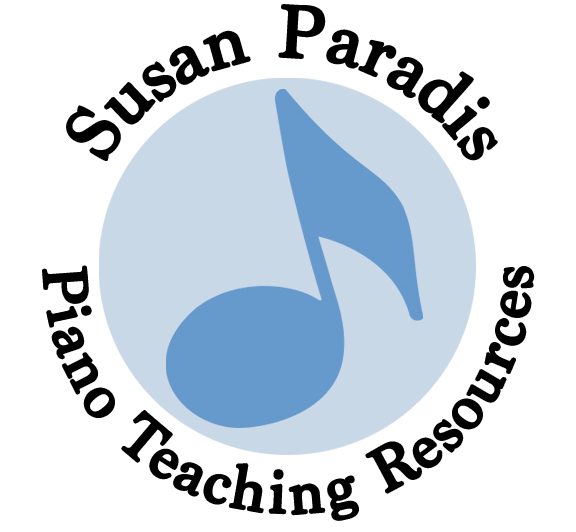Piano lessons “just for fun” continued
My Practice Incentive
In my last post I wrote about parents who want their children to take piano “just for fun.” While I agree that most parents, including me, want piano to be fun, there are some downfalls in that attitude.
- Parents may think it is not necessary to make a child practice if piano is just taken for fun.
- Most children will not practice without parental oversight.
- When students don’t practice, piano lessons can become unbearable and definitely not fun.
- If lessons aren’t fun because the child hasn’t practiced, piano isn’t fun and the child begs to quit.
Of course, all potential piano parents aren’t this way. Most parents know the value of practice and will do their best to help the child find practice time. But occasionally I run into a parent who says they don’t really care about making progress, they just want piano to be fun.
Educate the Parents
First, a teacher must educate the parents at the interview in ways that the parents can understand and relate to. From the very beginning we should pleasantly remind parents they will have the responsibility to make sure their child practices. If they are not ready for that responsibility, then maybe it is not the right time to start piano. The teacher must carefully explain that taking piano will not be fun if the child does not practice.
The teacher needs to explain that children will not practice piano on their own and it is very unrealistic to expect that from anyone under 13 year old for extended periods of time.
You can explain that in school music programs such as band, students are graded on their practice. That is a powerful incentive and will motivate many students to practice on their own. However, private piano is not a school subject and it will be put behind everything else if the parents do not make it a priority. Parents can relate to this because they can remember the powerful incentive grades hold over students.
Teachers need to remind the parents how uncomfortable unprepared lessons can be in a way the parents understand.
“What if your child is given a part in a movie with her favorite star. She is so excited! This is going to be so much fun. She only has to learn her lines for the day. Of course you will sit down and help her go over her lines. When the big day comes she is ready and does a great job. She loves acting!”
“But what if she doesn’t learn her lines. Things are uncomfortable, she flounders around, and she is terribly embarrassed. The fun day turns out to be miserable. Your child tells you she never wants to be an actor. It’s not fun.”
If you explain it that way, maybe your parents will not want to put their child in an unprepared lesson week after week. While this seems obvious to us, many parents never think of how the child feels when she can’t do anything in her lesson. There is nothing fun about it.
There are other things you can go over with the parents in an interview. I have read about famous pianists who, to this day, thank their parents for making sure they practiced daily. Some parents are surprised to find out that many great pianists also played soccer and other activities and didn’t always want to practice. Many say they wanted to do anything but practice until years later when they became serious about music.
I have heard parents say that practicing is between the teacher and the student and they are not going to get involved. Parents need to be told that the piano teacher has no control on getting the child to practice and even short practice sessions are better than none.
Finally, the teacher should mention the studies that show the benefits of early musical training. To make the most of these benefits, the child should be making progress and learning new things. If a child does not practice she will not make progress, she will not have fun, and she will be another one of the children who started piano for a while and quit. The benefits of piano study assume that the child is learning new things and new ways of thinking.
Teachers have to be sympathetic with trying to fit practice into a busy schedule, but that is another topic entirely.
Piano teachers can help the parents understand that piano will be fun if the student is prepared and moving along in a progressive fashion. If we can get the message across in a positive, friendly and enthusiastic manner before the first lesson, we will go a long way in keeping more students in piano and bringing more musical joy to the families in our community.




Thanks for the great advice!
Thank you so much for these excellent articles! They were extremely helpful and right on target!
Thanks! I hope they will give us some food for thought.
-Susn